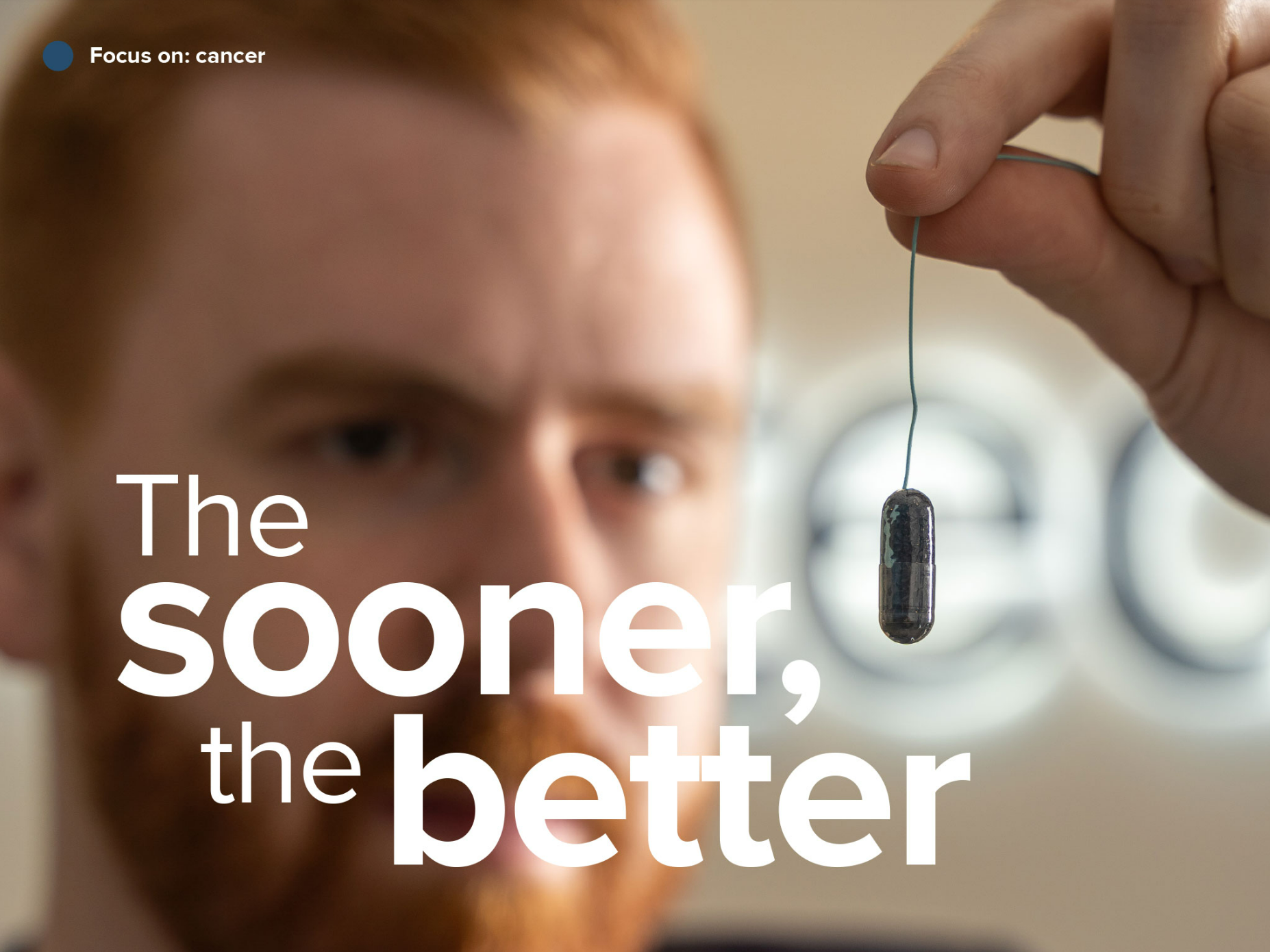Insight
According to Cancer Research UK, there are around 16,200 new melanoma skin cancer cases in the UK every year, approximately 44 every day1. Melanoma skin cancer is the 5th most common cancer in the UK, accounting for 4% of all new cancer cases (2017)1.
The challenge has been exacerbated by the COVID-19 pandemic, with around 9,200 fewer patients having started cancer treatment after a referral from the screening programmes in England between April 2020 and March 2021 – a 42% drop compared with pre-pandemic figures2.
Teledermatology services aim to improve accuracy of diagnosis, reduce inappropriate referrals to secondary care, reduce first outpatient appointments at secondary care, enhance skills in primary care and improve patient experience by providing remote rapid assessments.
Intervention
Skin Analytics provide a teledermatology service that allows primary care staff remote access to a dermatology consultant, providing rapid assessment of dermatological lesions.
Health Innovation East partnered with Norwich Primary Care Network (PCN) and Norfolk and Waveney Clinical Commissioning Group (CCG) to fund the evaluation of a pilot for Skin Analytics across 14 general practice surgeries between April 2019 and March 2020 to understand the impact it could have on patient outcomes, referral rates and the potential for cost savings.
The evaluation hoped to assess whether the use of Skin Analytics led to;
- More accurate identification of melanoma, leading to better health outcomes and reduced treatment cost
- Fewer unnecessary onward referrals to secondary care, reducing strain on specialist clinics and lowering the costs of finding melanoma
The evaluation logged the number and type of cancers diagnosed via referrals recommended by the remote consultant service to specialists at the Norfolk and Norwich University Hospital NHS Foundation Trust, then compared the referrals to secondary care outcomes. It also collected data from four control practices using the existing pathway to estimate cost savings.
As well as qualitative data about the service’s efficacy, the evaluation also collected feedback from healthcare staff about how the technology worked in practice.
Impact
The evaluation found that deployment of the Skin Analytics remote teledermatology consultancy service has the potential for benefits across the health and care system in terms of patient outcomes, footfall at secondary care, savings to the system and the potential to significantly support the clearance of any backlog resulting from COVID-19.
The pilot showed that the remote consultant service accurately identified lesions which could be managed within primary care and didn’t need referral. Of these only 0.45% re-presented to a GP within six months of the initial referral to the remote consultant. No re-presentations were because a lesion had become malignant.
Where the remote consultant recommended an urgent referral to secondary care, 65% required treatment or longer-term monitoring. This was higher than the 38% of patients which were referred on a standard referral.
Cancers were diagnosed in 10% of cases referred to secondary care, whether via an urgent or standard pathway: 23 Basal Cell Carcinomas; 4 melanomas; 1 suspected Squamous Cell Carcinoma.
Costs/savings to commissioners:
Per financial year savings (based on costs in 2019/20 and assuming that all referrals to the remote consultant would otherwise be referred to secondary care):
Taking into account the cost of the RC service, and the number of referrals recommended by the RC to secondary care, there are savings of £11,929.
- using the service in the 14 practices for which we analysed data: £11,929
- potential savings using the service in all 22 practices in Norwich PCN: £20,426
- potential savings of commissioning the service throughout Norfolk and Waveney CCG: £89,876
Staff reported a positive experience of the service, specifically commenting on the swift response time and the ease of use of the equipment.
Comparing real world referrals data against AI findings
This project provided the opportunity to explore the impact of AI for skin cancer diagnosis, which has the potential to improve patient experience of accessing healthcare, increase efficiencies and improve patient outcomes.
Skin Analytics was founded to bring artificial intelligence (AI) technology to the frontline to support dermatology capacity within the NHS. Since 2012 they have been working on gathering the necessary evidence and regulatory clearance for their AI algorithm called Deep Ensemble for the Recognition of Malignancy (DERM) which supports clinicians in their assessment of skin lesions and was launched commercially in April 2020.
Where cases had appropriate consent, the project in Norfolk offered the opportunity to compare the outcomes and referral rates of the cohort (April 2019 to March 2020) of suspected skin cancer patients referred from Norwich PCN to dermatology services with the proposed course of action suggested by DERM.
Dr Dan Mullarkey, Medical Director at Skin Analytics and practicing NHS GP, said:
“It was great to see an independent evaluation highlight the positive impact of our teledermatology service. It also presented a valuable opportunity to test appropriately consented cases with our AI tool. As AI technologies mature it’s increasingly important to evaluate performance using real world data and this project has helped us to do that and learn from the results.”
Skin Analytics was announced as one of the Phase 4 winners of the Artificial Intelligence in Health and Care Award by NHSX in July 2021. DERM is available to clinicians across the country.
Get in touch
If you want to learn more about this pilot or how Health Innovation East can support with the evaluation of innovation in healthcare, contact Sophie Castle-Clarke, Principal Advisor at Health Innovation East: sophie.castle-clarke@healthinnovationeast.co.uk.
